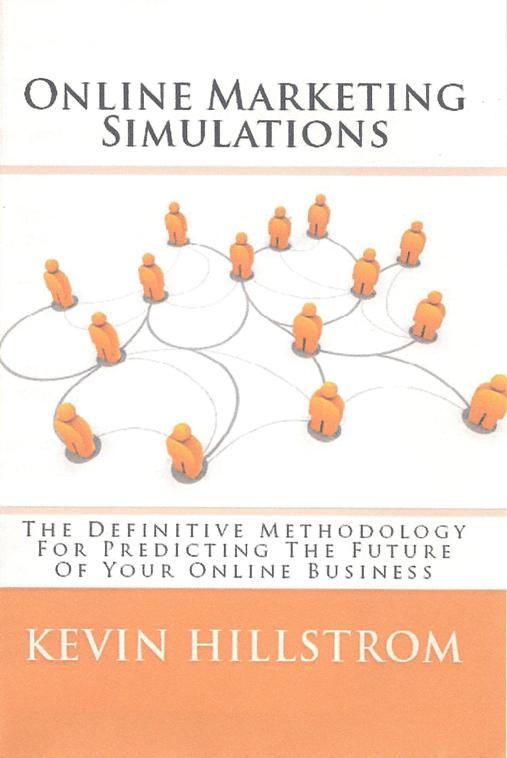Housing Market Deflation Correlates With Zip Code Forensics
 Don Libey forwards us this map of the United States as illustrated in the NY Times (see via this link, related article here), illustrating states with high "debt to value" ratios.
Don Libey forwards us this map of the United States as illustrated in the NY Times (see via this link, related article here), illustrating states with high "debt to value" ratios.His question ... does this data correlate with Zip Code Forensics?
The answer ... yes.
We can match state-level data to the zip-level data in Zip Code Forensics. Statisticians would point out the flaws associated with doing this. Point taken.
Catalog Crazies, the most productive zip codes in the United States, have an average debt-to-value ratio of 63.0%.
Online Bliss, among the most productive zip codes in the United States, have an average debt-to-value ratio of 63.5%.
Catalog Fans, zip codes with average productivity, have an average debt-to-value ratio of 63.8%.
Online Spend, zip codes with average productivity, have an average debt-to-value ratio of 66.2% (oh oh, a trend is beginning).
Catalog Preference, zip codes that perform well below average, have an average debt-to-value ratio of 67.8%.
Online Preference, zip codes that perform well below average, have an average debt-to-value ratio of 69.0%.
In other words, Zip Code Forensics identifies regions that have customers who, on average, have an additional four to six percent equity in their homes. These customers are less impacted by the mortgage/housing crisis, and therefore, have more money to spend on other things.
And you can have access to this data for free! Contribute your anonymous annual sales data by zip code by channel to the database, and you'll receive this segmentation system. If you do not wish to contribute your data, the cost for an annual license is $5,000.
Download the paper to learn more.
Labels: Don Libey, Hillstrom's Zip Code Forensics, NY Times, Zip Code Forensics


